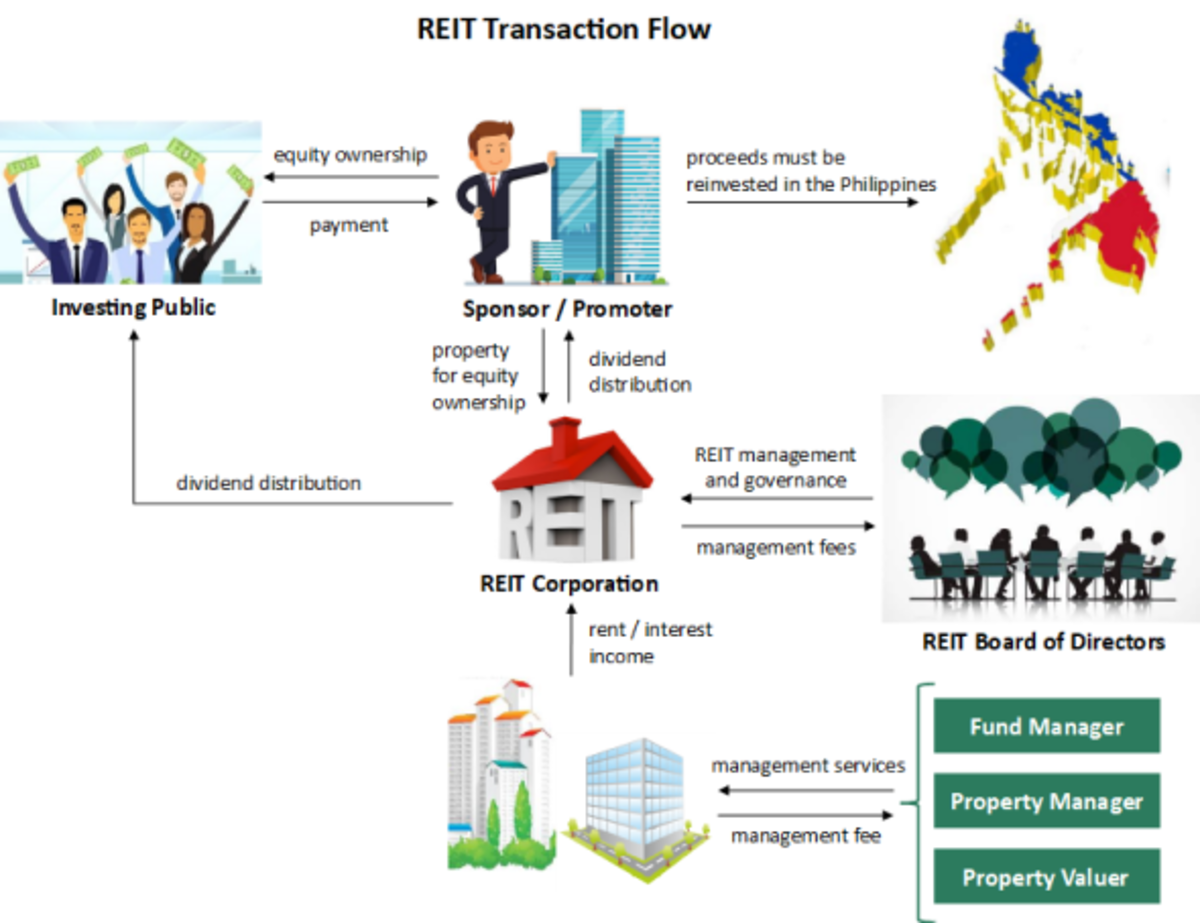A Review of Everret C. Miller’s Securities' Fraud and Tax Evasion Scandal
A case of Everret C. Miller
Business ethics as the principles and standards that determine acceptable conduct in business organizations. Business stakeholders personal moral principles and values establish the acceptability of behavior in business. An ethical issue is an identifiable problem, situation, or opportunity that requires a person to make a significant choice from several actions that are evaluated as right or wrong, ethical or unethical. In business, such decisions often involve weighing monetary profit against what a person considers appropriate conduct. The best way to pronounce judgment on ethics of a decision is to look at a situation from a customer’s or government regulator’s point of view.
On May 30, 2014, the U.S. Securities and Exchange Commission after investigations, found and imposed remedial sanctions against Everret C. Miller. He agreed that from May 2000 to December 20, 2010, he was the owner of Carr Miller Capital Investments, LLC (later known Capital Markets Advisory, LLC), Miller as the C.E.O, and sole owner of Carr Miller Capital (“CMC”). He was also associated with Synergy Investment Group, LLC, Millenium Brokerage, L.L.C., Nationwide Planning Associates, Inc. broker-dealers registered with the Commission and was also associated with NPA Asset Management, LLC, which was an investment adviser. Miller pled guilty to a securities fraud on July 9, 2013. In addition, a count of tax evasion in violation of 26 U.S.C. Section 7201.. this was before the United States District Court for the District of New Jersey, in United States v. Everett C. Miller, Crim. Information No. 1:13cr451 (RMB).
Miller criminal information, which he pled guilty, was that from August 2009 to December 2010, he presented a false proposal to the public for investment. The fake proposal entailed an offer and sale of securities in the form of CMC promissory notes to about 40 investors in New Jersey, Pennsylvania, Texas, and elsewhere. He presented false information to investors on how their money would be invested. The fake proposal did not provide material information about the investments. He also mislead them based on risks that the investments would incur. Note offering was not registered with any federal or state agency, and their registration was not an exemption.
He received a huge amount of money from the investment and never informed other investors. He consolidated and deposited investor money into CMC bank accounts and used some of those monies to repay other investors. Besides that, he used some to support and improve his lifestyle. The Commission restricted Miller from association with any financial intermediary. Finally, on June 4, 2015, New Jersey, Miller was sentenced to ten years in prison, thirty-six months of supervised release and was also ordered to pay $22.34 million in restitution. Miller also pleaded guilty to securities fraud and tax evasion. At the previous proceeding, he agreed to a consent judgment and order of forfeiture of $4,999,400, which entailed the proceeds he had obtained because of the securities fraud. For calendar years 2007, 2008, and 2009, he had intentionally failed to provide the IRS with any information regarding the proceeds, which he received in connection with his fraudulent scheme. Miller failed to disclose $218,770, $244,879 and $199,507 for 2007, 2008 and 2009, respectively. In total, Miller failed to report $663,156 in taxable income to the IRS, resulting in a tax loss to the government of $47,342 (Examples of corporate fraud investigations fiscal year 2015, 2016).
Legal and ethical issues raised
It is clear that Miller went against the law of the land leading to his incarceration. Laws governing the sale of securities and handling of investors’ funds are strict, and his failure to adhere to the set rules points to a break the spirit of the law on his part. United States Securities and Exchange Commission gave a set of guidelines to Miller when issuing him the license to trade in securities. He did not follow the rules but rather used his position and knowledge on securities trade and the investors’ money for personal gain. He also withheld crucial information to his investors on how their money was being invested and deliberately used the investor funds in the wrong way. The way he used it was in direct violation of provisions of the Constitution under Section 239(f) of Investment Advisers’ Act of 1940.
Under the income law of the United States of America, every citizen earning income shall file annual income with U.S. Internal Revenue Services (Weismann, 2012). On his part as a citizen, Miller failed to do so that he could hide his ill-gotten wealth. In this case, Miller was found to have by omission failed tax compliance in filing his returns thereby denying the government the due taxes. This is a duty-based ethical that is expected of everyone and Miller should have followed. It is not a choice to declare and pay taxes but rather an obligation, which every citizen has to follow.
Ethically, it is evident that as a person entrusted with the power to improve people’s lives through sound investments in securities he failed. Miller had the chance do the right thing by his investors but instead he chose an expensive life at the expense of the people who depended on him. As a leader, he set a bad example to aspiring entrepreneurs. In addition, if he had followed the rules of outcome-based ethical standards in handling the client money, most likely, his business would have made a big leap in attracting the best staff, more investors and eventually he would have been able to build a very successful enterprise. An ethically sound business always gets the best approval ratings in the market. This translates to thriving business that is admired by all, and this contributes to a bright future for the company (Weismann, 2012).
As a citizen with the responsibility to build his country by paying his taxes like other Americans, Miller failed. Further, he denied the investors the right to participate fully in the development of the country since diverted the money meant for investment for his personal use. The potential returns that could have gone to the investors were the funds invested in the right way lost.
Recommendations
Fraud occurs as a result of a combination of opportunity, pressure, and rationalization. An opportunity arises, the person feels that the act is not entirely wrong, and has pressure pushing them to commit the fraud. To reduce this, it would be wise to implement an internal mechanism where the systems in place would detect such opportunities. The audit department has a great role in identifying areas within an organization that are prone to exploitation by those who may find the opportunity. The top leadership needs to play a vital role in developing structures that detect pressures points by employees or the management. The corporate culture needs to be directed toward a policy of zero tolerance to fraud. This could be done by training the staff of the importance of maintaining a standard that is beyond reproach on matters to do with fraud. Externally, the regulatory authorities need to keep high levels of control on their jurisdictions. Where there are weak legislations, these bodies need to make the necessary changes in laws to seal the loopholes (Weismann, 2012). The prosecutions of the offenders need to undertake with more zeal so that those who are caught are handed stiffer penalties (Pennsylvania, 2010). For instance, a ten-year jail term in a minimum-security facility handed down to Miller is not enough to deter future fraudsters.
To enhance tax compliance, it is important that the revenue service enhances its monitoring process to detect those who fail to file their returns. To improve efficiency, the technological systems in place should allow for easy filing coupled with quick referencing (Pennsylvania, 2010).
Conclusion
It is in the best interest of the corporation to find ways to limit the scourge of fraud and weak ethical inclinations within the commercial and non-commercial organizations. In conclusion, the manner in which society views matters regarding fraud and ethics is an area that needs to be researched further to come up with a solution to wipe out this problem entirely because the benefits of standards outweigh lack thereof. In addition, a company may limit the extent to which fraud can take place through creating effective and efficient policies, a system of checks and balances, and physical securities (Weismann, 2012).






